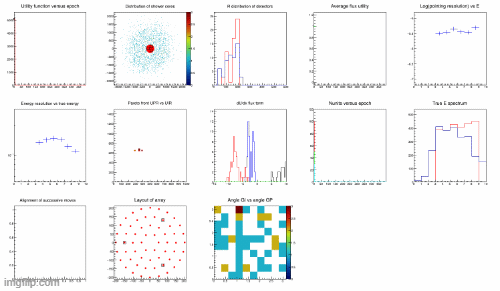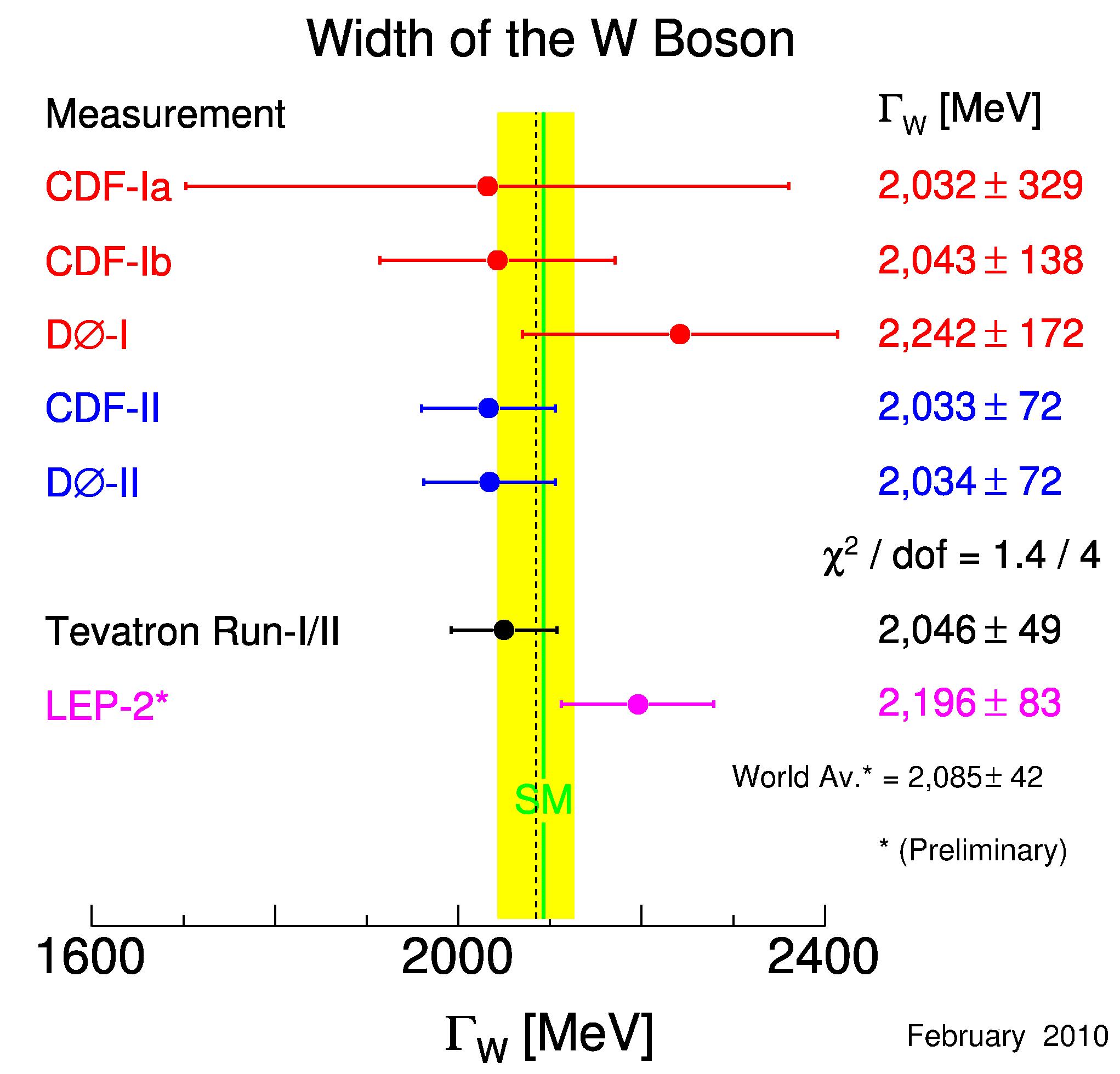On Friday evening I was in Tesero, where a crowd of 150 interested laypersons attended my talk on particle physics, organized by the very active
Gruppo Astrofili Fiemme. There, among other things, I discussed the challenge that is on between the Fermilab experiments in the United States and the CERN experiments in Europe. I will discuss elsewhere the successful evening; here I just want to show the status of data collection by the two challengers.
The physics news in August have so far disappointed me, with the only remarkable one being the sad departure of Nicola Cabibbo. After ICHEP 2010, with the frenzy of paper production that has characterized the month of July in all major particle physics experiments, it was easy to predict a slower pace. So I did not lose too much, apparently, by spending four weeks in Greece and one week in the Italian Alps.
But effective today, I am back in business. This means no more four-day hiatuses in updates of my blog (due to the trouble with accessing the web from the remote locations I have confined myself in), and a more effective coverage of news from the world of High-Energy Physics.
Being still in the middle of a rather long vacation (now in the Italian eastern alps), my blogging power is limited. So today I will just offer you some thoughts on the recent measurements of a fundamental parameter of the Standard Model called "W boson width".
The W boson, like any unstable subatomic particle, has a very short lifetime, which depends on the strength of its couplings to lighter particles, on its own mass (generally the heavier a particle is, the faster is its disintegration), and on the availability of lighter bodies into which to decay without breaking any fundamental rule.
W bosons have been thoroughly studied at the Tevatron collider. Discovered by the UA1 experiment at the CERN SppS proton-antiproton collider in 1984, these particles have since been produced also in electron-positron collisions at LEP II (in pairs), and recently at the Large Hadron Collider. But the CDF and DZERO experiments have some of the most precise measurements of the physics of these particles, thanks to their now very large datasets.
That did it, if only by an inch. Damn!
Two days ago, back from a 4-week vacation to Greece, I approached my faithful and precise scale with a clear, pre-determined thought in my mind: "If I am over 77.5 kilograms, I will start a strict diet to bring me back to below 72!".
 Living At The Polar Circle
Living At The Polar Circle Conferences Good And Bad, In A Profit-Driven Society
Conferences Good And Bad, In A Profit-Driven Society USERN: 10 Years Of Non-Profit Action Supporting Science Education And Research
USERN: 10 Years Of Non-Profit Action Supporting Science Education And Research Baby Steps In The Reinforcement Learning World
Baby Steps In The Reinforcement Learning World








